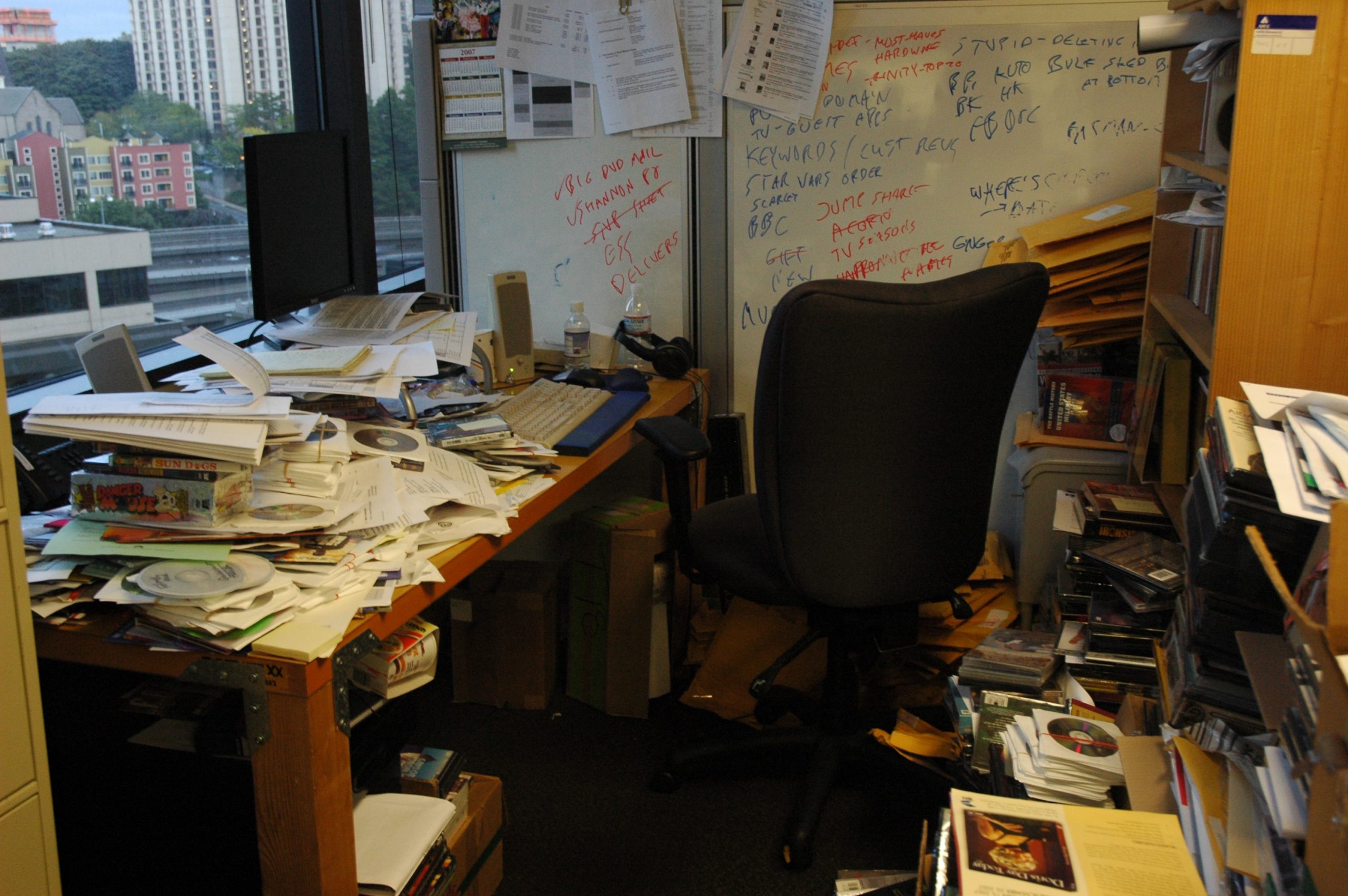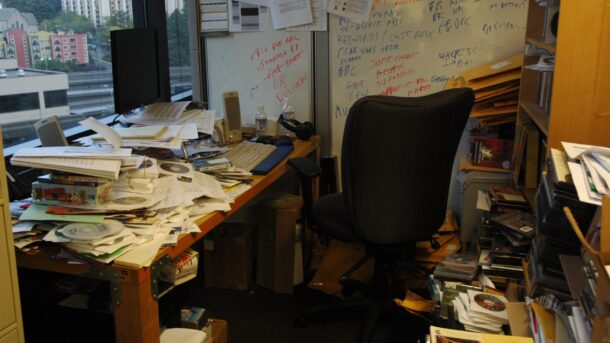
I am convinced that one of the reasons why so many healthcare professionals struggle when transitioning to management roles is the sheer messiness of it all. Medical folks are trained to insist upon good order, and rightly so. Chaos is the enemy of workplace safety and patient care. Doctors, nurses, and pharmacists generally prefer consistent and well-defined workflows and have a low tolerance for ambiguity. It has been my own experience in various health systems, working with some amazing practitioners, that the more finely tuned and clinically accomplished an individual is, the more they struggle when (and if) they are asked to be a manager. And the reason is simple: Management is messy.
Drippy Faucets
This fact about the messiness of management was brought home to me in a quote I read by a Columbia University professor. The quote was actually found in Henry Mintzberg’s book, Simply Managing, and it described managing as “keeping house…where the faucets almost always drip and dust reappears as soon as it’s wiped away.[1]” I love that! There is a certain hectic pace and constant shifting of attention that is inescapable in the life of a manager. You become aware of a “leaky pipe” (technology failure, customer complaint, sick call, budget shortfall, etc.), and you apply pressure while waiting for the “plumber” (permanent fix) to arrive. In the meantime dirt and dust are building up in another corner of your company that need to be swept away. It never stops.
Busy is Normal
Managers need to be reminded that this is actually the norm, and not the exception to the rule. New managers are apt to think they are doing something wrong when they find themselves feverishly shifting from one situation to the next, never really catching up, never really feeling done. Sooner or later they discover there are books on management, scores of books, and they assume by reading them they will uncover the secret to a more predictable and peaceful pace of work. But alas, they are disappointed. Sure, they like the books (I do!), but the work only gets more complicated and comprehensive. As Mintzberg says in another place in his book, “the manager can never be free to forget the work, never has the pleasure of knowing, even temporarily, that there is nothing left to do.” Busy, crazy busy, is the normal speed of management.
The Tidy Tyrant
In fact, I have always been a bit suspicious of the manager who seems to have things totally under control. I have known a few folks like this in my time. Everything is perfectly organized. All their ducks are in a row. Work begins exactly at 9am and the coat comes off the hook for the hike home at 5pm sharp. Emails are cleaned out. Office is orderly. Projects are on point. Schedules are posted 6 weeks in advance. But more often than not the overall results are meager, and the staff feel like they are reporting to a machine and not a human being. They are more like a tidy tyrant. I prefer the messy manager.
Welcome to the Club
This post is meant to encourage those managers who find themselves overwhelmed and feel, therefore, that they must be doing something wrong. You’re not. Well, of course you are. So am I. We are all doing plenty of things wrong. But that isn’t the reason you are so busy and feeling overwhelmed. Rather, the reason is simply this: you’re a manager. Get used to it. You’re probably a much better manager than you think. Yes, we all have lots to learn, and we’ll never know it all. In fact, the more we learn, the more we learn we don’t know. Eventually, as Mintzberg put it well, the manager knows “less and less about more and more, until finally he or she knows nothing about everything.” If that’s where you find yourself, you’re in good company. I’ve got a management membership card for you. Welcome to the club!
REFERENCES
[1] Mintzberg, H. (2013). Simply Managing.
Photo by Wonderlane on Unsplash






